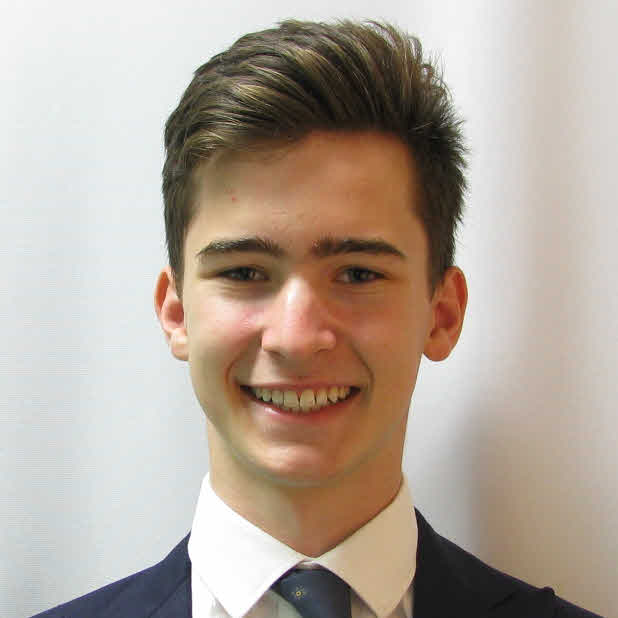Last year in China, at the end of winter when it was still bitterly cold, I sat in a crowded Starbucks sipping on a green tea latte and answered the question, “So what’s your story?” What the person who posed this question really wanted to know was not my life story, but rather my “coming-out” story.
My sophomore year I “came out” on Coming-Out Day, which previously resembled something between a purge and a confession, neither of which seemed very appealing to me. Looking back, I see that the difficult questions don’t have to do with why I came out, or whether I regret coming out, but how I would go about telling my story—and what I would include. I often tell my coming-out stories with the victories: my first coming-out, the time I came out to my mother, the time a friend stood up for me. But these are only partial truths. In reality, my story comprises both victories and losses. Now I seek to tell my story in its whole truth. I realize that approaching it any other way only diminishes it.
So what has it been like to come out at Deerfield?
Deerfield prides itself on the quality of its community life, and I won’t deny that this community has its benefits. I question, though, if we are really as inclusive a community as we say we are. The elements that shape the true feel of a community are not found in the viewbooks or School Meetings, but in those “in-between” moments: those times when we are not obligated to be certain versions of ourselves. One of my experiences as a proctor has given clarity to the exclusive nature of Deerfield’s community.
At the beginning of the year, I made my proctees take down explicit posters of scantily clad women, which of course was met with complaints. I responded, “What if I had a poster of two naked men making out in the rain?” Of course, my challenge made them uncomfortable. Even though my proctees’ posters don’t necessarily make me uncomfortable (this is my seventh year living in a boys dormitory), I asked myself why we have never questioned this double standard. Posters are hardly the only double standard, however.
What would happen if Deerfield had an openly gay couple? What if I held my boyfriend’s hand in public? What if I did that on Parents Weekend? What if parents approached me and told me they had small children and my actions were inappropriate? Would a straight couple ever be told the same thing? The scariest part about this scenario is that it is hardly hypothetical; I know, I have an 11-year-old brother.
I spend an unjustifiable amount of energy checking to make sure I don’t make others uncomfortable. This is less out of choice, however, than a sense of obligation. As a proctor, I am expected to organize Sadies dates for my hall, and I am faced with the same old issue. What if I didn’t do things the heteronormative way? What if I set up a proctee with a guy? Of course, I would never actually do that. I am already hesitant about bringing a guy to my senior prom. Even in settings where we should be discussing issues of sexuality, we do not even begin to ask the difficult questions, and we need to. The issues that occupy my mind may not be relevant to everybody. But our community’s blatant refusal to address them head-on most certainly is.
Lastly, health classes at Deerfield seem to be aimed at educating heterosexuals. The class does not discuss health issues of the LGBT (Lesbian, Gay, Bisexual, Transgender) community; all example couples are heterosexual, and at no point is gender and sexuality discussed (not lectured) as an abstract concept.
Not to mention that the movie shown in class—Farewell the Tranquil Mind—provides a trite narrative of a gay student who doesn’t identify with the stereotypes of LGBT people, as a white football jock. The film’s treatment of the challenges of being LGBT at Deerfield feels inorganic and is of far too narrow a scope to encompass the experience of most LGBT students. It succeeds only in alienating those students who do fit within the stereotype but are still struggling.
Why is health class so incredibly narrowly focused? Why are all dances boy-girl? Why do we have a shamefully small number of LGBT students? Why am I writing this piece? Because we have not asked enough of the hard questions.
Coming out is, in its most basic form, an expression of the truth. But once Coming-Out Day has passed, all of us must continue to ask the hard questions—so that we create the kind of truthfulness this community desperately needs.

